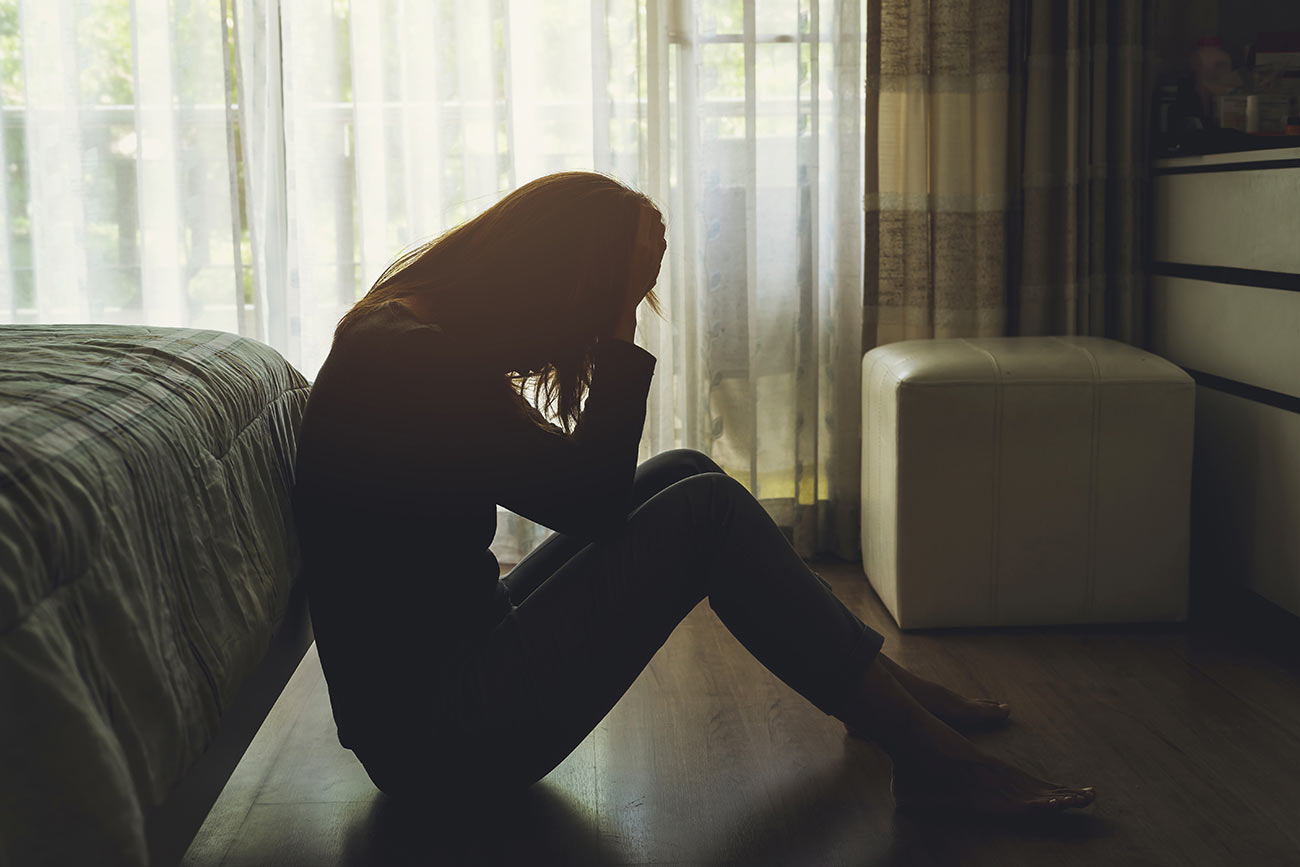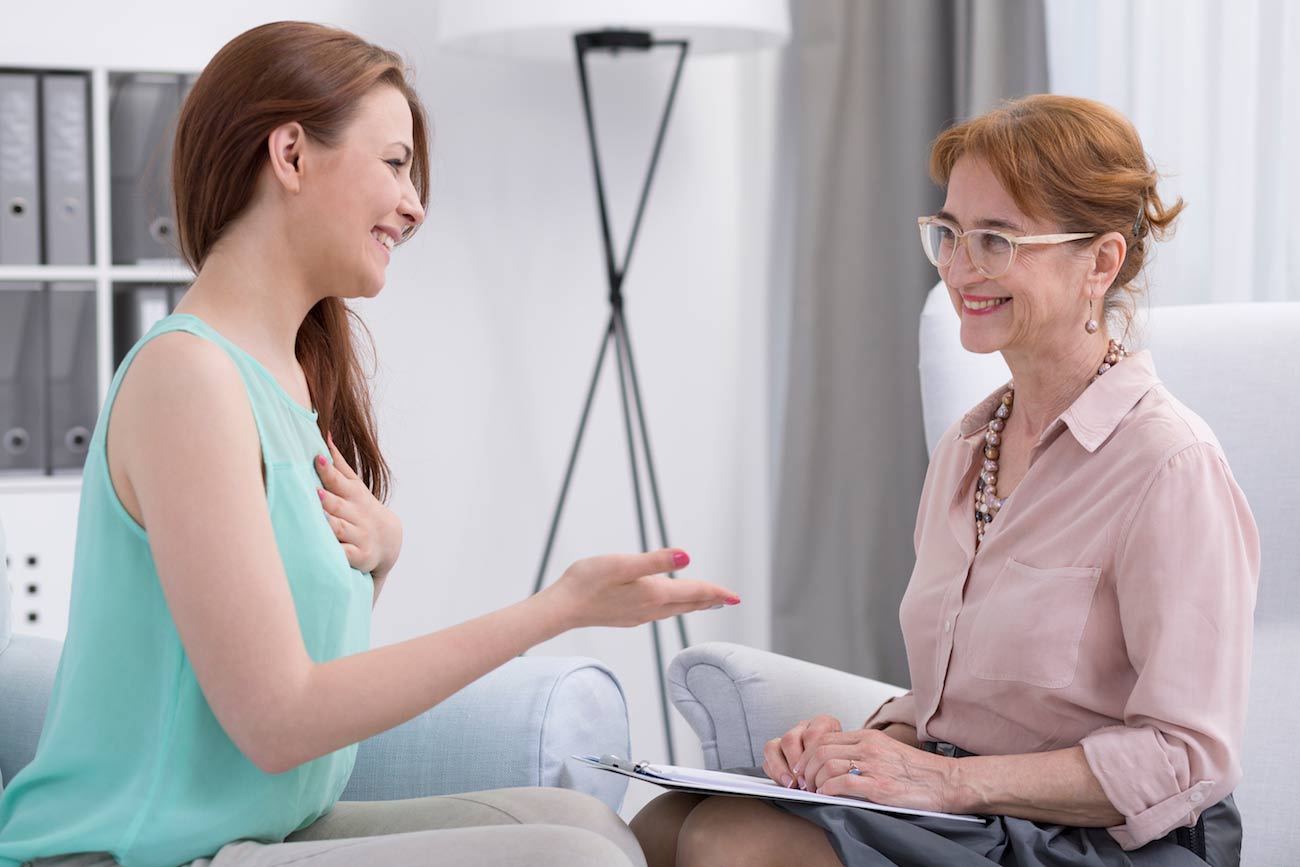Psychological trauma is a normal reaction to a traumatic event. Whilst many consider this as physical trauma, like sexual abuse, domestic violence, natural disasters or illness, it can also occur from psychological trauma, like the death of a loved one, of witnessing something horrifying. Trauma can leave you feeling numb, isolated and unable to cope. Feeling unsafe or unable to trust people compounds the problem and can make it difficult for some to reach out. However, you are not alone...
As we approach Blue Monday, often said to be the most depressing day of the year, we want to talk about the very real issue of Seasonal Affective Disorder, or ‘SAD’. This is a type of depression experienced by “3-8% of the UK population”...
It’s the most wonderful time of the year, but for dementia sufferers and their families, Christmas can bring all sorts of added stresses. For example: Lots more visual and audio stimulation around; lights, loud music and so on Extra people coming and going, the doorbell ringing and unfamiliar faces appearing Other family members or friends that might usually be around, being less available over Christmas, due to lots of festive work and social commitments Feeling ‘left out’ of the festivities because others are preoccupied and perhaps don’t understand that people with dementia can join in. In fact, research by the Alzheimer’s Society found that: ‘71% of people affected by dementia think a lack of understanding has caused people with dementia to be left out at Christmas....
If you or a loved one suffers with depression and you are hunting for answers, you may have heard of repetitive Transcranial Magnetic Stimulation (rTMS). Many people compare rTMS to Electroconvulsive Therapy (ECT), but in reality, these two treatments are very different...
1 in 6 people past the age of 80 are living with dementia. In 2017 alone, 225,000 people will develop dementia. The condition affects 825,000 people in the UK and numbers grow year on year, setting to surpass 1 million by 2025.1 However, contrary to what many people think, dementia is not a ‘natural part of growing old’. If you are concerned about memory issues or other symptoms in yourself or a loved one, it is crucial to seek help sooner rather than later...
It’s that time of year again – back to school. As a parent, let’s face it, as much as you love your children, you’re probably somewhat relieved. Trying to find endless activities or day-care to occupy smaller kids, or trying to encourage older ones to do just a little bit of summer study, can be exhausting and stressful. But how is your child feeling about it? Anxiety in children can have a lasting effect on their mental health. Here, we highlight 9 signs your child may be experiencing back to school anxiety...
Depression often feels like an insurmountable mountain. Surely nothing as simple as getting dressed can make a difference, right? Wrong. Consultant psychiatrist, Dr Rafael Euba, gives us 10 key lifestyle hacks to help beat depression...
Here at The London Psychiatry Centre we pride ourselves on our exceptional standard of care and commitment to our patients. Patient feedback is a vitally important tool for healthcare providers – particularly mental health clinics – because it enables them to improve standards of care...
Good news. A new research project out of Australia has helped to substantiate what we at The London Psychiatry Centre have been saying for a long time – good eating habits could help your mental health. Ground-breaking Research The SMILES Trial was a randomised, controlled project using 67 people....











